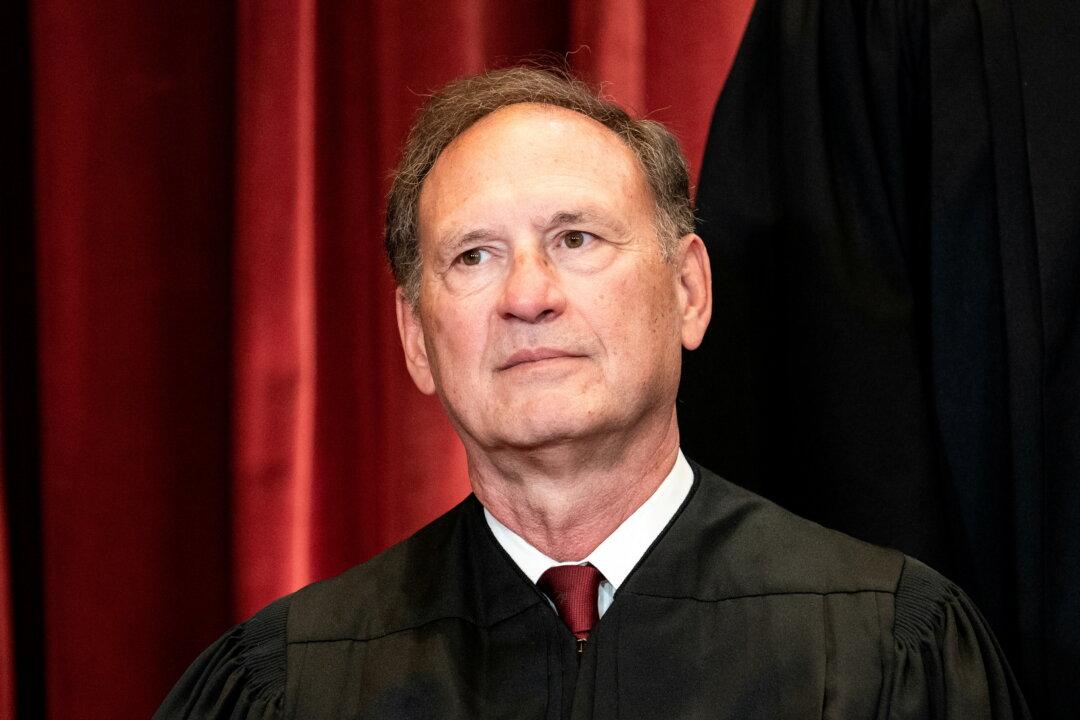Over the opposition of three conservative justices, the Supreme Court allowed officials in Pennsylvania to resume counting disputed undated mail-in ballots in a state-level judicial election that took place last year in Lehigh County.
The high court’s order came near the end of the business day on June 9 and despite a state law that requires that ballots received on time but missing a handwritten date on the envelope be rejected. The Pennsylvania Republican Party takes the position that undated mail-in ballots should not be counted.





